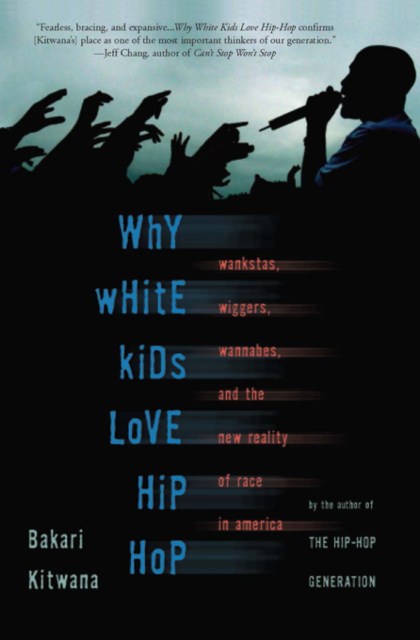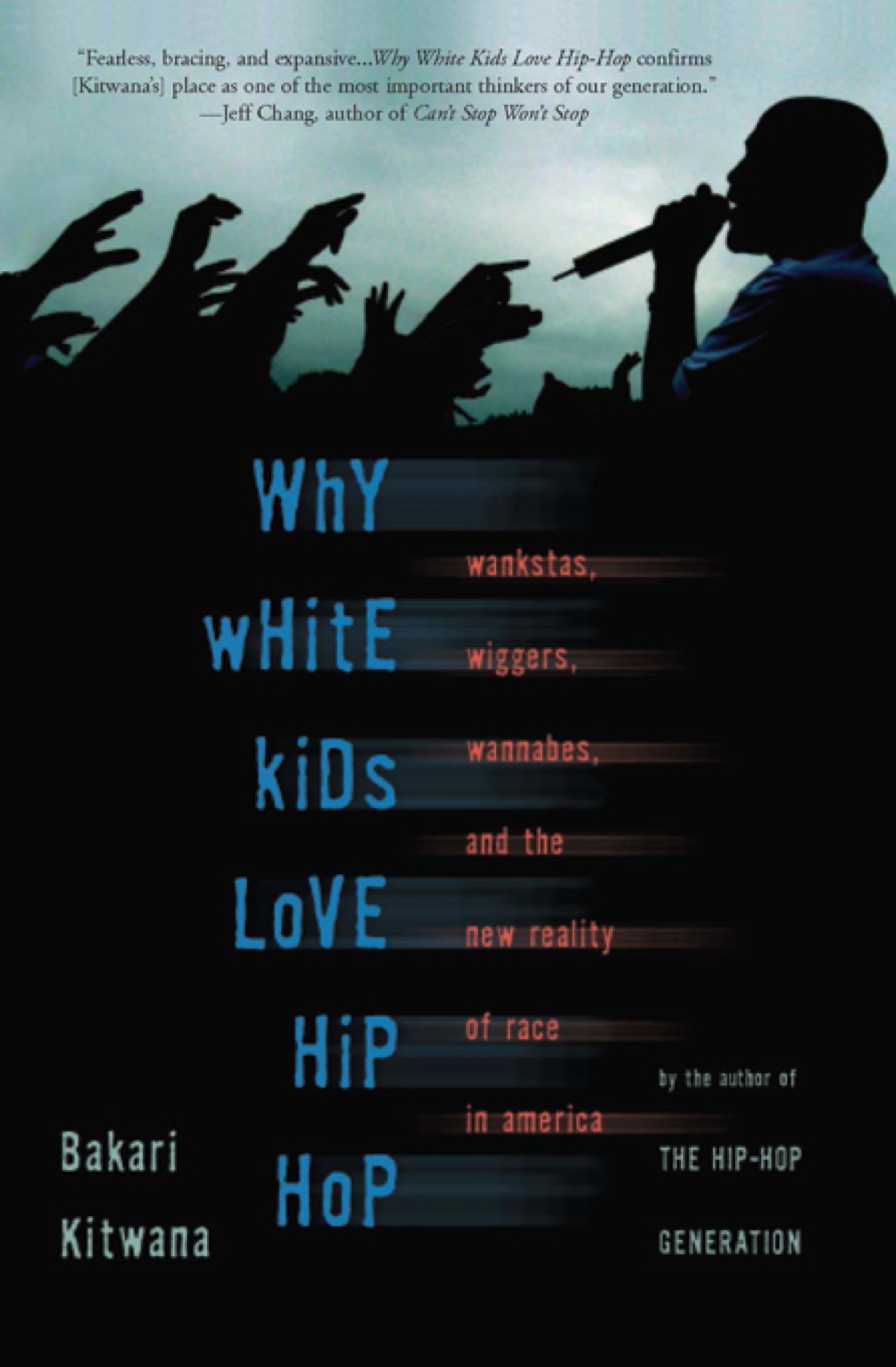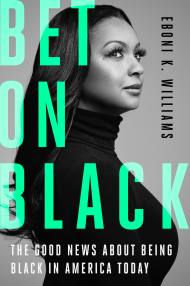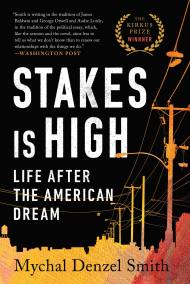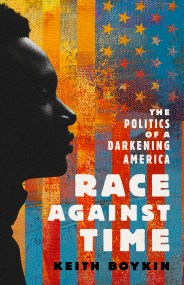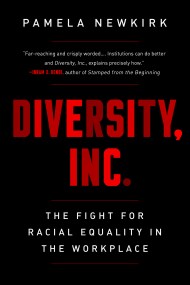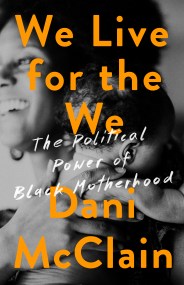Promotion
Use code MOM24 for 20% off site wide + free shipping over $45
Why White Kids Love Hip Hop
Wankstas, Wiggers, Wannabes, and the New Reality of Race in America
Contributors
Formats and Prices
Price
$9.99Price
$12.99 CADFormat
Format:
- ebook $9.99 $12.99 CAD
- Trade Paperback $19.99 $25.99 CAD
This item is a preorder. Your payment method will be charged immediately, and the product is expected to ship on or around May 30, 2006. This date is subject to change due to shipping delays beyond our control.
Also available from:
Genre:
- On Sale
- May 30, 2006
- Page Count
- 416 pages
- Publisher
- Civitas Books
- ISBN-13
- 9780786722457
Newsletter Signup
By clicking ‘Sign Up,’ I acknowledge that I have read and agree to Hachette Book Group’s Privacy Policy and Terms of Use
